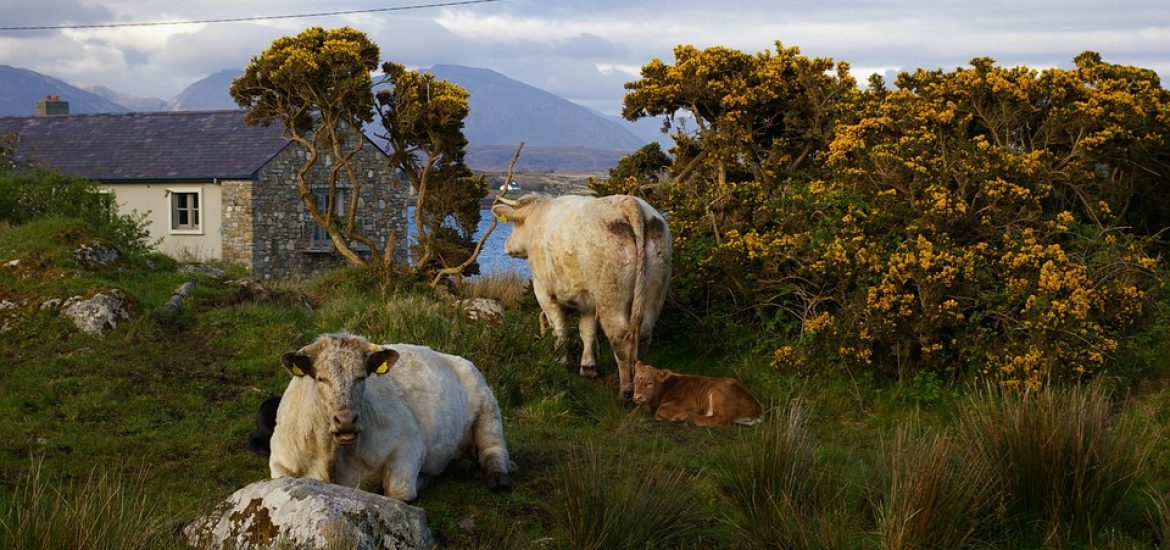
Renewable gas could significantly help cut Ireland’s emissions, according to Gas Networks Ireland (GNI) boss Denis O’Sullivan.
The Irish government aims to produce 70 per cent of its electricity from renewable sources by 2030.
O’Sullivan said: “We have set our own ambition to have 20 per cent renewable gas on our own network by 2030. To put that into context, Germany would already have that volume of renewable gas on its network.”
GNI has unveiled plans to make the gas system carbon neutral by 2050 through renewables and new technologies.
Dublin is far behind its target of reducing carbon-dioxide emissions by 20 per cent between 2005 and 2020, with the actual figure expected to be 1 per cent. The government is bracing itself for fines of about €150 million and more to come if Ireland fails to cut emissions by 80 per cent between 1990 and 2050.
The main aim of GNI is for a zero-carbon gas network by 2050, and to support emission reductions across the Irish economy at a low cost.
Fossil fuels provide much of Ireland’s energy, including half of its electricity. GNI said it planned to use biomethane from renewables including food, grass and animal waste. Factories would use carbon-capture technology to harness fossil-fuel emissions and stop pollution.
GNI said carbon-capture and storage (CCS) technology would create half of the reduction, with the rest coming from biomethane and clean hydrogen, although the current techniques were largely theoretical.
Mitchelstown in County Cork has been selected for GNI’s Graze project, where anaerobic digesters will be placed on farms to convert animal waste, slurry and grass into green gas.
Ian O’Flynn, GNI’s corporate chief, said: “Biomethane is the same chemical group as natural gas and can be introduced into the network with no change whatsoever. The gas can be carried to homes and businesses with no change. No investment will be needed in the network itself, but we will require anaerobic digestion facilities to produce this and allow us to gather the natural gas.”
O’Flynn said targets were needed on biomethane by the end of 2020.
“We think it is achievable to have CCS running on electricity plants by the late 2020s, the roadmap would say by around 2028,” he told the media.
“Hydrogen, which burns clean and doesn’t produce carbon, is a bit further out as an emerging technology. The current thinking is that hydrogen can be blended with natural gas. That would require some further thinking and potentially some investment.”
Picture credit: Pixabay





